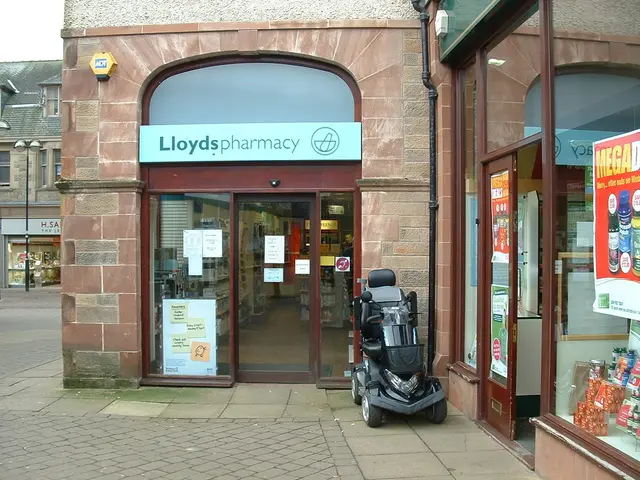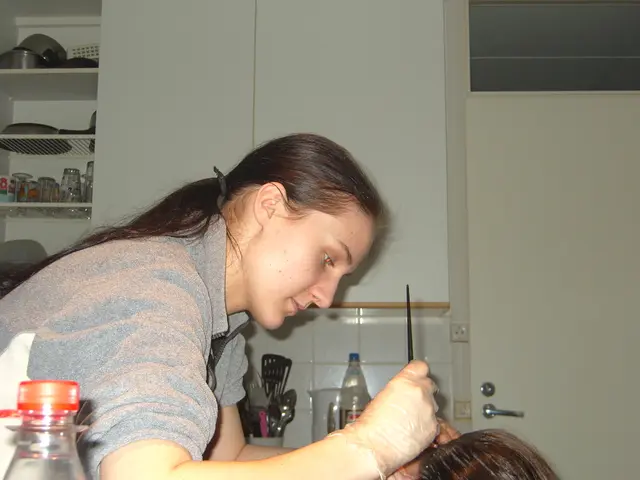Distinguishing between Age Spots and Skin Cancer: Recognizing the Differences
Age spots and skin cancer can easily be confused, but knowing the key differences can help you distinguish between the two. Age spots, also called solar lentigines or liver spots, are harmless, dark patches that develop on the skin due to increased melanin production in response to sun exposure. They're typically flat, smooth, and don't cause any discomfort.
On the other hand, skin cancer is a type of cancer that occurs when UV radiation or other factors damage the skin cells, causing them to grow rapidly and potentially spread. Unlike age spots, skin cancer is harmful and may develop into more aggressive forms if left untreated. The three most common types of skin cancer are basal cell carcinoma, squamous cell carcinoma, and melanoma.
Another skin condition that might resemble age spots is actinic keratosis, a precancerous growth caused by UV radiation damage. It's essential to keep an eye on these marks and consult a healthcare professional if any symptoms of skin cancer or actinic keratosis appear.
It's important to remember that age spots cannot turn into cancer, but actinic keratosis can progress to squamous cell carcinoma if left untreated. Regular self-examinations and dermatological check-ups can help catch these conditions early and increase the chances of successful treatment.
If you notice any new or changing marks on your skin, or if a mark doesn't heal within four weeks, contact a doctor for a proper evaluation. For age spots, treatment is usually cosmetic and may involve chemical peels, laser therapy, or cryotherapy to lighten or remove the spots. For skin cancer and actinic keratosis, treatment depends on the type and stage and may include surgical removal, topical treatments, radiation therapy, or immunotherapy.
By understanding the differences between age spots, skin cancer, and actinic keratosis, you can take better care of your skin and protect yourself from harmful UV radiation damage. So, lather up that sunscreen, grab a hat, and stay healthy and protected!
- A consultation with a dermatologist can help identify the type of skin condition, whether it's age spots, skin cancer, or actinic keratosis, ensuring early detection and treatment.
- Seniors, in particular, should be vigilant about skin conditions like skin cancer, as their skin may be more susceptible to damage from UV radiation due to years of sun exposure.
- In the realm of health and wellness, skin care becomes crucial in preventing skin cancer and other skin conditions, emphasizing the importance of applying sunscreen regularly and seeking shade during peak sunlight hours.
- The science behind oncology reveals that skin cancer, such as melanoma, can grow and spread rapidly, highlighting the significance of prompt medical attention to minimize potential risks.
- Skin-care practices should extend beyond cosmetic concerns, encompassing protection from skin conditions like age spots, actinic keratosis, and skin cancer, and promoting overall skin health and wellness.








